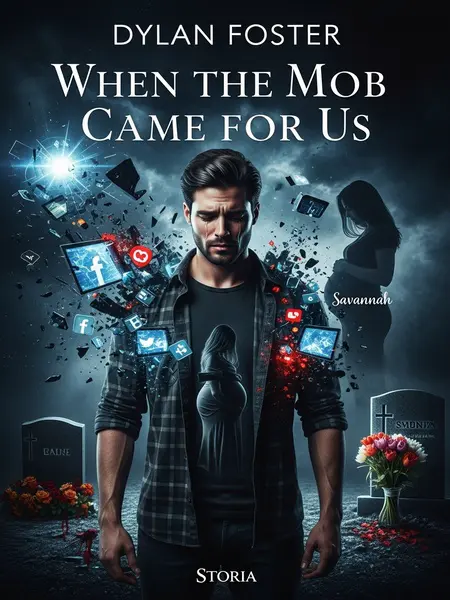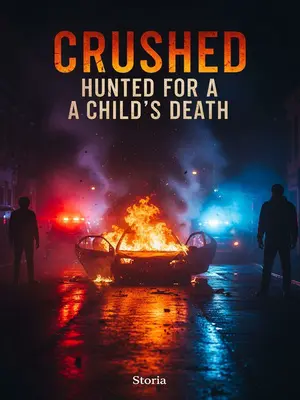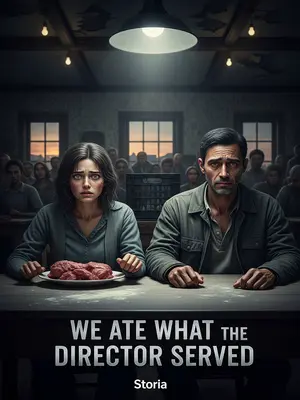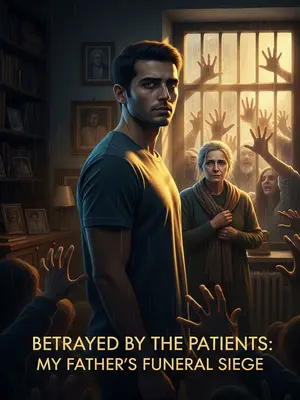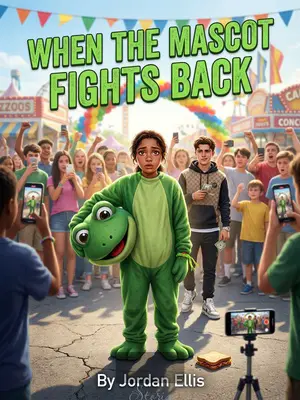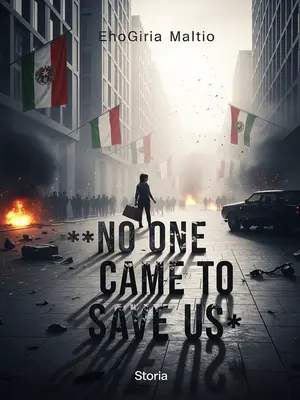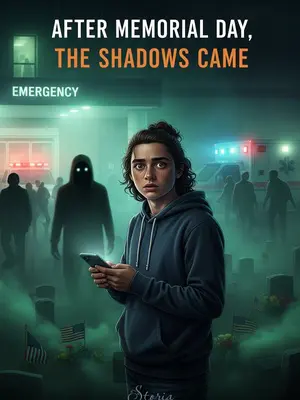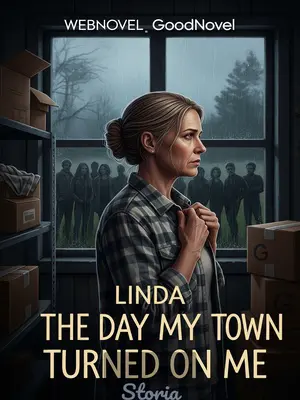Chapter 5: Poisoned Voices
I wanted to scream, to fight back, but every attempt just made things worse. The world was against me, and there was nothing I could do.
The lawyer suggested I contact the influencers to request deletion of the video.
He said it was a long shot, but worth trying. I drafted emails, DMs, even called a few of them, but most ignored me or laughed in my face. Some demanded money. Others told me to "get lost."
Meanwhile, I went on camera myself, recording a video explaining everything that happened that rainy night. I revealed that Savannah had lost her uterus due to the scam, lost the chance to be a mother, and was still lying in the hospital.
I poured my heart out, voice shaking, tears streaming down my face. I begged for understanding, for someone—anyone—to believe me. I showed Savannah’s hospital bracelet, her medical records, everything I had.
This video was like a spark in a powder keg—instantly igniting another frenzy online.
The reactions were mixed. Some people sympathized, others accused me of faking, of manipulating the narrative. The debate raged in comment sections, hashtags multiplying by the minute.
Some people regained their senses, calling for the truth.
A few brave voices asked for evidence, for context. They urged others to wait before passing judgment. But they were drowned out by the mob.
But before I could catch my breath, Randy made his next move.
He was relentless, always one step ahead. I should have expected it, but it still blindsided me.
He released a video starring Mary herself.
She lay in a hospital bed, hair brushed, face pale and angelic under the harsh fluorescent lights. She clutched a faded photograph, her voice trembling as she began to speak.
Her hair was snow white, and she lay weakly in a hospital bed.
She looked like the perfect victim—frail, innocent, wronged. The camera zoomed in on her trembling hands, the tears glistening in her eyes.
She spoke of her helplessness after being bullied by me that rainy night, the hardships of raising her child, and her family’s generations of honest, small-town living.
She painted a picture of herself as a saint, a pillar of the community. She spoke of hard times, of sacrifice, of love for her son. Every word was designed to tug at the heartstrings.
Tears streamed down her wrinkled face, tugging at the softest spot in the hearts of the online mob.
The comments poured in, overflowing with sympathy and outrage. People shared their own stories of hardship, of injustice. The tide turned against me once again.
In an instant, all rationality vanished.
The mob was back, angrier than ever. They demanded my arrest, my public shaming, my destruction. No one cared about the truth anymore.
The uproar was overwhelming.
I could barely keep up with the notifications. My phone buzzed nonstop, the screen a blur of insults and threats. I felt like I was drowning, suffocating under the weight of public opinion.
“This old lady looks like a real salt-of-the-earth type. How could she fake an accident?”
People posted old photos of Mary, praised her kindness, her charity work. They called me a monster for doubting her.
“Exactly, at her age, would she really risk her life on a stormy night?”
They pointed to her frailty, her age, as proof of her innocence. No one questioned the story, no one looked for evidence.
“Even if it was a scam—even if they wanted a hundred thousand, a million, ten million—I’d pay without blinking. He’s just stingy, delayed his wife’s trip to the hospital, and now blames others, trying to play the victim.”
The logic was twisted, but it didn’t matter. The mob had made up its mind. I was guilty, end of story.
Every comment was like a knife, cutting me to pieces.
I read them all, unable to look away. Each word hurt more than the last. I started to believe them, to wonder if maybe I really was to blame.
What terrified me even more was that this storm swept up Savannah, who was still in the hospital.
She was supposed to be recovering, safe from the world. But the world found her anyway, clawing at her through screens and whispers.
That night, Savannah had rolled down the window to call for help.
She’d been desperate, in pain, begging for mercy. But the internet twisted her actions, turning her into a villain.
Because of the agony, her face was pale and her once soft features were contorted.
They took screenshots, zoomed in on her expression, dissected every detail. They ignored her pain, her fear, her humanity.
People online saved and circulated this screenshot everywhere.
It went viral, shared by influencers and strangers alike. Her face became a meme, a symbol of supposed cruelty.
In their comments, Savannah rolling down the window became her helping me curse Mary and her son.
They spun wild stories, inventing dialogue, attributing malice where there was only desperation. The truth was lost in the noise.
They accused Savannah of being cruel even while pregnant, of cursing an elderly woman with white hair.
They called her heartless, selfish, a disgrace to mothers everywhere. The cruelty was relentless, unending.
Then someone claimed to live in the same building as Savannah, saying she looked down on everyone because her husband was rich and ignored neighbors’ greetings.
Anonymous accounts popped up, each claiming to know us, each piling on more lies. Our reputation was shredded, our names dragged through the mud.
Others said Savannah had looks and education but chose to be a stay-at-home mom, losing the dignity of an independent woman, so cursing the elderly was understandable—and her miscarriage was her punishment.
The judgment was swift and brutal. They blamed her for everything—her choices, her pain, her loss. No one offered compassion. No one cared about the truth.
The online criticism grew more and more vicious, and their cruel words poured over Savannah like buckets of filth.
She tried to stay strong, but I could see the light fading from her eyes. She stopped eating, stopped sleeping, stopped talking. The world had broken her.
We couldn’t see the faces of the doctors and nurses behind their masks, but the contempt in other patients’ eyes was unmistakable.
Everywhere we went, we felt the stares, the whispers. Even in the hospital, we were pariahs—untouchable, unwanted.
When Savannah asked to be discharged, I didn’t stop her. I took her home.
I packed her things in silence, held her hand as we left. The hospital corridors felt endless, the stares burning holes in our backs. I just wanted to get her somewhere safe.
I never expected what would greet us: a giant red word for “DIE” spray-painted on our door, right next to a crude hate symbol scrawled underneath—a jagged, menacing swastika. The sight made my skin crawl, my stomach twisting with revulsion and fear.
The letters dripped down the wood, angry and jagged. The paint was still wet, the smell sharp and acrid. My stomach turned. I glanced at Savannah, hoping she hadn’t seen, but it was too late. My heart hammered in my chest, a cold sweat breaking out as I realized just how much danger we were in.
The security camera had been smashed by a young man in a cap, sunglasses, and a mask—impossible to trace.
He’d known exactly what he was doing. The footage was gone, the evidence erased. We were alone, with no one to turn to.
I tried to downplay it so Savannah wouldn’t worry, wanting to brush it off.
I forced a smile, joked about bad graffiti, but my voice shook. Savannah saw through me, her eyes hollow. She didn’t say a word. She just walked past me, into the apartment.
Leaning against the wall, Savannah opened the nursery door. Tears streamed down her face.
She stood in the doorway, staring at the crib we’d built together, the tiny clothes folded neatly on the dresser. Her shoulders shook with silent sobs. I wanted to comfort her, but I didn’t know how. I just stood there, helpless.
Back then, we’d been so hopeful, buying tiny clothes, shoes, and toys, decorating the house to be warm and cute.
We’d spent hours picking out paint colors, arguing over stuffed animals, dreaming of the life we’d build. Now, it all felt like a cruel joke.
Now, that sweet dream was shattered.
The room was cold and empty, the walls closing in. The future we’d planned was gone, replaced by grief and fear.
We suffered both the pain of losing our child and relentless online abuse.

